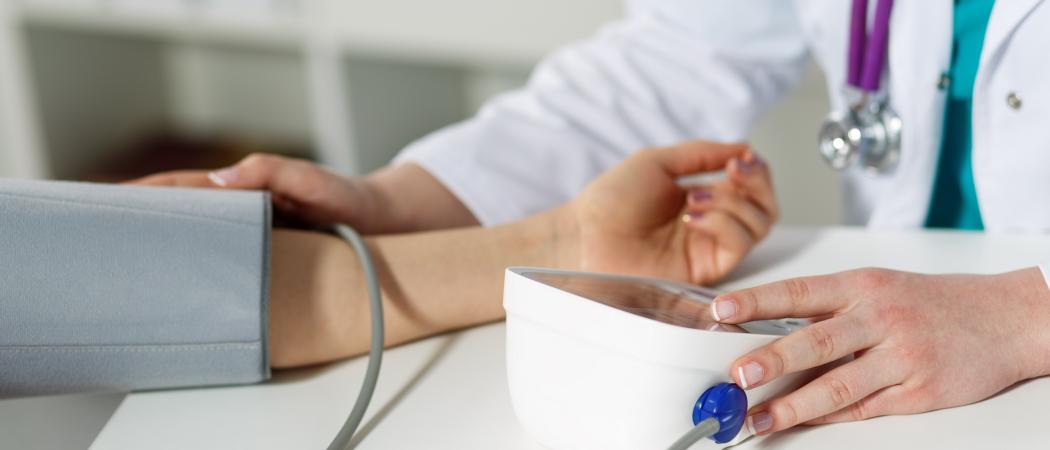
Only 37 per cent of the public trust evidence from medical research, compared to 65 per cent who trust the experiences of their friends and family, according to a report by the Academy of Medical Research.
The report highlights the significant difficulties patients and some healthcare professionals face in using evidence from research to judge the benefit : risk profile of drugs, and calls for concerted action to improve the information patients receive.
The research was prompted by public debate around the benefits and harms of treatments such as statins, hormone replacement therapy and the anti-viral drug Tamiflu. It calls for a range of actions including significant improvements to patient information leaflets, better use of medical appointments and a bigger role for the online information service NHS Choices as the source of trusted information for patients, carers and healthcare professionals.
“It is startling to hear that only about a third of the public trust medical research, and that patients are struggling to make sense of the information they receive from their doctor, the TV, the internet and their friends and family about medicines,” said John Tooke, who chaired the report committee. “With our ageing population and ever more sophisticated treatments being made available, we need to act now to give patients clearer and more useful information about the medicines they take.”
Patient information leaflets, found inside the packaging of all drugs, were described by the public as being impenetrable and unreadable. The report calls for substantial changes to the leaflets at a national and EU level, calling on the European Commission and the European Medicines Agency to work with national regulatory authorities, pharmaceutical companies and patients to reform patient information leaflets to give a clearer and more balanced summary of both the potential benefits and harms of drugs.
At present, patient information leaflets detail all of the possible side effects but are particularly poor at outlining the potential benefits of treatments, hindering informed decisions about drugs.
The report also urges the public and medical professionals to make better use of medical appointments, and poses a set of questions for patients to discuss with their doctor to help them make better informed decisions about whether to take a drug. Active involvement in decision making about their own health has been shown to improve outcomes for patients.
As part of the research, the market research company ComRes interviewed 2,041 members of the British public online between 18 and 20 March 2016 in the UK, and 1,013 GPs online between 16 and 26 March 2016.
A summary of the results is available at: http://www.acmedsci.ac.uk/evidence/survey
Full data tables are at: http://www.comresglobal.com





 A unique international forum for public research organisations and companies to connect their external engagement with strategic interests around their R&D system.
A unique international forum for public research organisations and companies to connect their external engagement with strategic interests around their R&D system.